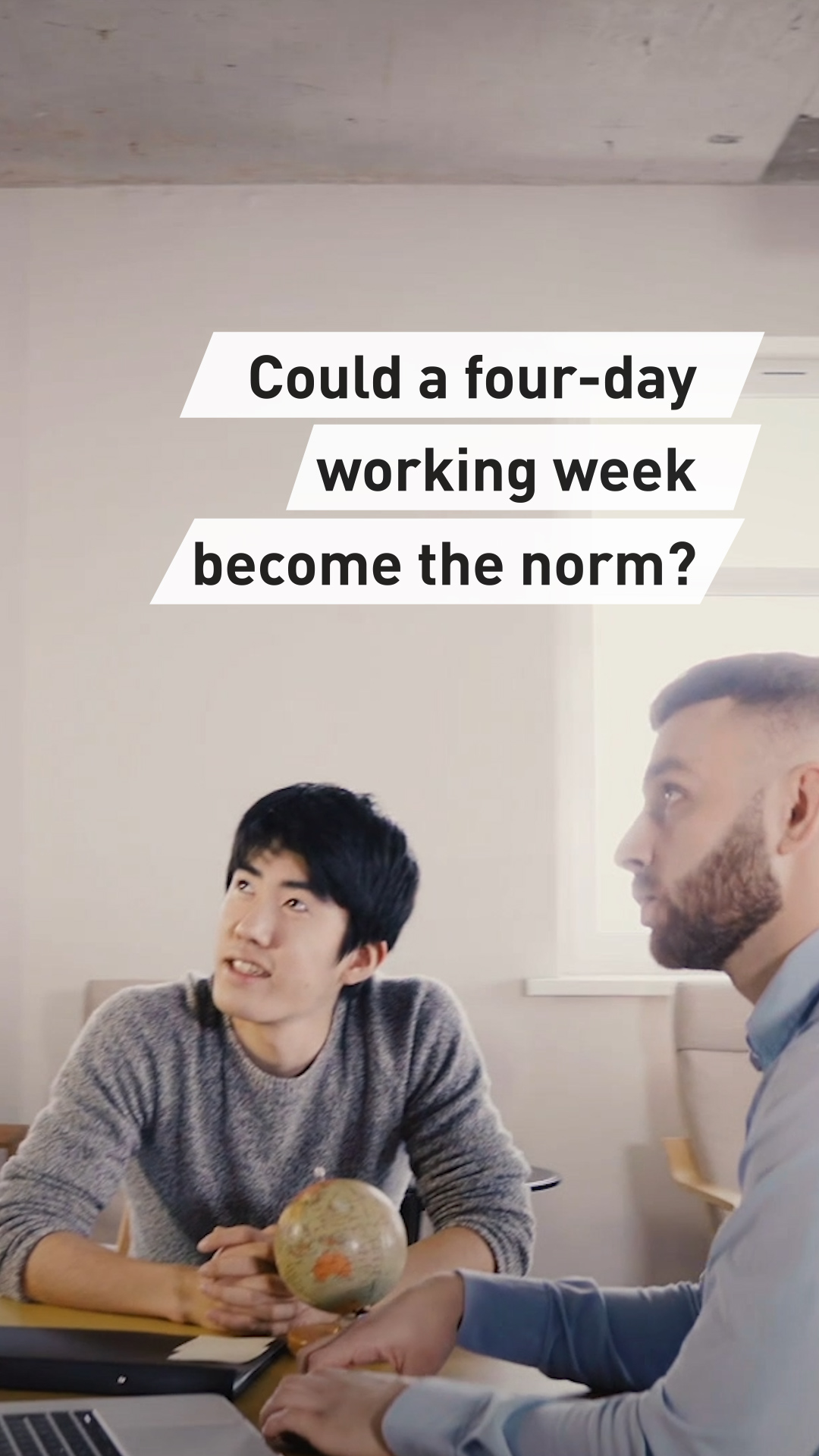In only a few months, the coronavirus pandemic has revolutionized the way we live, including the way we work. Millions of people around the world holding office-type jobs have been working from home while in lockdown, showing employers that business can continue outside the traditional office set-up.
03:12

As lockdown measures are lifted around the world, offices remain mostly empty as companies and health experts consider how the pandemic could inspire changes to the way we work – which many feel are long overdue.
"I think the way we work today, even before COVID-19, isn't fit for purpose," says Andrew Barnes, founder of the New Zealand-based Perpetual Guardian, a company that manages trusts, wills and estate planning.
"It hasn't been fit for purpose for a while. We haven't changed the nine-to-five, five-day week since broadly the 1920s. All the surveys, even pre-COVID-19, indicated that people were anxious to try to find a different way of working. All COVID-19 will now do, I think, is accelerate that process."
We were delivering the same amount of productivity in the four days as we were in five. And in fact, more people said they were better able to do their work working four days rather than five
- Andrew Barnes, Perpetual Guardian
Barnes trailed a four-day working week in 2018, after reading an article about how low productivity was in a typical five-day week in the UK and Canada.
The trial was a success. Barnes found not only that his employees were able to perfectly manage the new work-life balance, but also that both their productivity and wellbeing had improved. Barnes thinks a four-day week could also improve gender equality in the workplace and help employees suffering from work-related mental issues.
Despite receiving a lot of interest from many businesses, according to Barnes and his partner Charlotte Lockhart the biggest obstacle to the introduction of a four-day working week is trust. "People say to me, what is the biggest obstacle for business doing that? And I would always say fear," says Lockhart.
"Management are fearful of doing something that is significantly different, or their perception is that it is significantly different. And they also feared being able to trust their staff and being able to measure their productivity. So now we've done that, we've taken that leap of faith."
The concept of a four-day working week is certainly not new, but it has been met with a lot of resistance until now. The pandemic could bring a positive change in this direction. "I am really hopeful that we will come out of this, actually, absolutely rethinking the way we work," says Barnes.
"There are good things that have come out of the lockdowns. The tragedy will be if all we do is go back and do exactly the same things we did before."